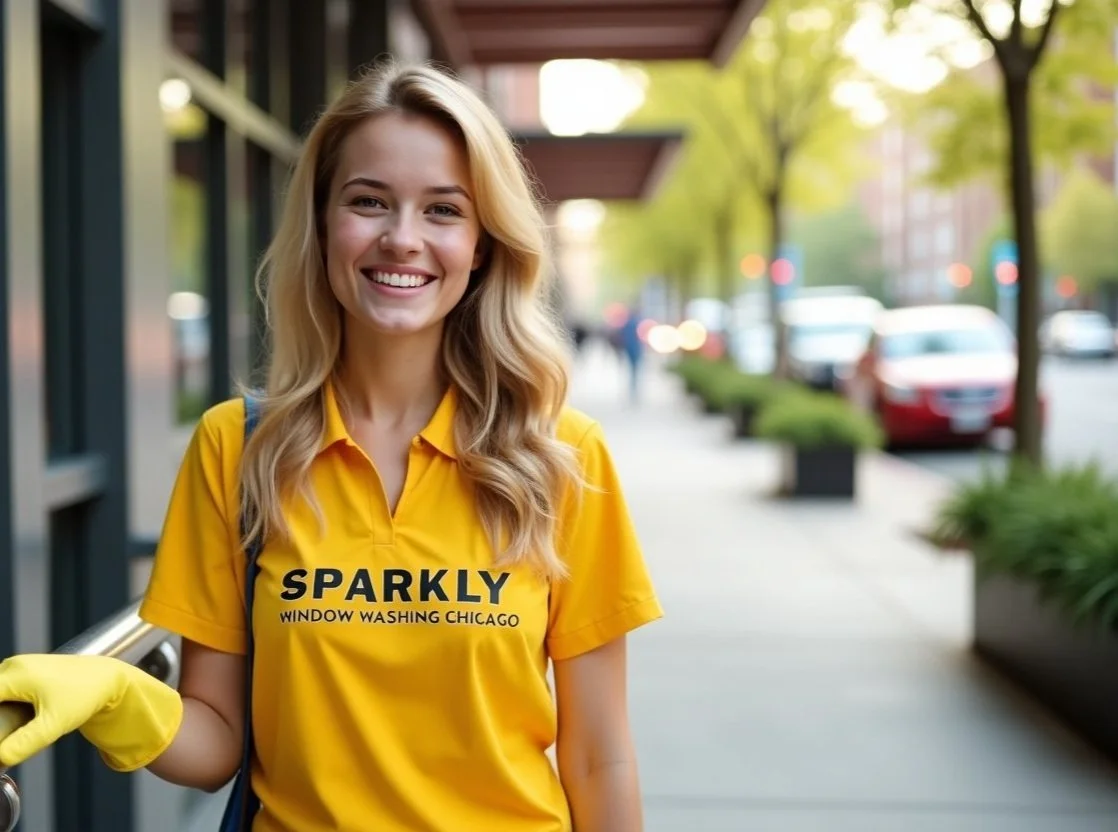Was Donald Trump A CEO?
/Whenever people refer to Donald Trump, what comes to mind is that he was a businessman well before he entered politics. He had his name on hotels and golf courses and even steaks. But one question many people ask is if Donald Trump was ever truly the CEO of a company in the sense that we normally imagine a business leader to be. The short response is yes, but it is a little more complicated than that.
Donald Trump Took Over The Family Business But He Made It His Own By Putting His Name Front And Center
Trump had a head start. His dad was already a well-established real estate developer in New York City who specialized in working with middle-income housing. Trump entered the company in the 1970s and was developing big, flashy projects in Manhattan. Trump eventually acquired the company and renamed it The Trump Organization.
Unlike maintaining a low-profile business like his father's, Trump ensured that everyone was aware of who he was. He had “Trump” on buildings, on products, and on whatever else he could. He was not working the business from behind a desk—he was branding it like a product while out in the world.
Business Name: Sparkly Maid Chicago
Business Number: (224) 214-0145
Business Email: support@sparklymaid.com
Business Address: Chicago, IL
Most people imagine a CEO to be the one who heads a big public company such as Apple or Amazon. Trump's company was not similar. The Trump Organization is a private company whose shares are not listed on the stock market. But this does not mean that he was not in charge.
He was basically the CEO in every way that mattered. He was the one who made the primary decisions and signed deals and determined in which way the company would proceed. He was also the public representative of the business, giving interviews, authoring books, and appearing in a later reality television show that enhanced his reputation as an employer.
His Style Of Being In Charge Was Less About Suits And Spreadsheets And More About Publicity And Personal Branding
Most CEOs are known for staying behind the scenes and managing their team quietly, but Trump took a totally different route. He made himself the brand. His style was bold, flashy, and sometimes controversial, but that was kind of the point.
He wasn’t the kind of CEO who just sat in a corner office doing accounting all day. Instead, he used media attention, TV appearances, and headlines to keep his name—and by extension, his business—constantly in the spotlight. He made the Trump name mean luxury, confidence, and success (at least to his supporters), even when some of his projects didn’t exactly work out.
Business Name: Sparkly Maid Chicago
Business Number: (224) 214-0145
Business Email: support@sparklymaid.com
Business Address: Chicago, IL
There Were Business Ups And Downs But He Always Managed To Stay In The Public Eye Through It All
Although Trump had some huge real estate successes, not all of what he touched was golden. He had plenty of other business ventures that failed or went bankrupt, such as Trump University, Trump Airlines, and some casinos. But even in those periods of time, he never went away from the public eye.
Instead of masking his losses, he would present them as smart moves or scapegoat other individuals. This created a perception in some that he was a formidable businessman who never lost out, which added to his public image even more. This reputation was one of the primary reasons people considered him to be “presidential material" in the future.
Donald Trump Was A CEO But He Did It In A Way That Was All About Image And Personal Power
To answer the big question—yes, Donald Trump was a CEO. He ran The Trump Organization and was in charge of many of his businesses. But what made him different from the usual CEO was how much attention he gave to public image and media. He wasn’t just a businessman in the traditional sense—he was also a brand, and he knew how to sell it. His version of being a CEO was more about being seen, being bold, and turning his life into a story people wanted to follow. That approach helped him build fame, build wealth, and eventually launch a political career that took him all the way to the White House. Whether people liked it or not, his time as a CEO played a big role in how he got there.





